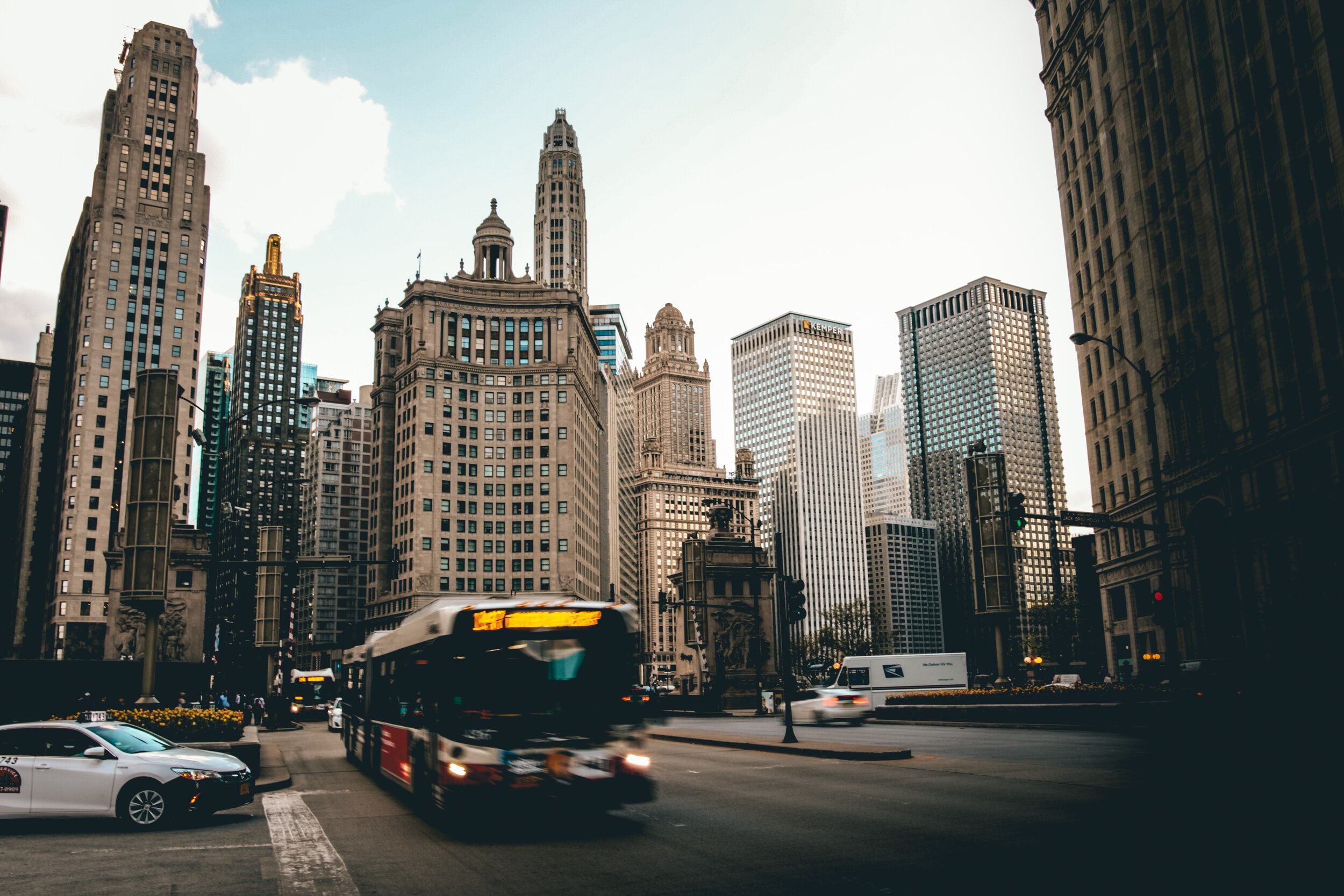“What man has not encountered, he has not yet destroyed.” ”
In two short weeks Christmas films will release in mass. Husbands, boyfriends, and fathers will grimace, or secretly join in, while their wives and girlfriends, daughters and grandmothers turn to the Hallmark channel while decorating for the holidays. A timeless plot will follow; a big city business girl gets stranded in a small town and finds faith (and a handsome man in plaid), all before Christmas Eve. Disillusioned by life in the city, the main character will inadvertently experience a life pause. Her pause will take place, of course, in front of a snow-capped mountain, or along a reclusive shoreline, where she finds herself and God. This pivotal moment in nature becomes the climax, which restores the heroine’s hope in humanity and ultimately opens her heart to love. It is a story we know well, because many of us have experienced the same sense of restoration outdoors.
When feeling lost and needing to refocus, our culture, both in and outside the church, sends us to the woods. In the popular memoir turned movie, Wild, Cheryl Strayed’s wilderness journey is one of personal and spiritual transformation. The Secret Life of Walter Mitty shows Ben Stiller’s character Walter traveling to the furthest corners of the world in the pursuit of the meaning of life. Moses found his calling while on a mountain herding sheep. Christ himself prepared for ministry through the testing of isolation in the wilds of Israel. Today, countless of adults and children seek to find God in nature. Churches, rural, suburban, and urban alike, plan getaways to lakeside retreat centers. Young adults take journeys by hiking or biking across countries or continents, Instagraming their way with deep, spiritual reflections on encountering God. In pursuing these experiences, few stop to question the practical theology implicit in this means of experiencing God’s presence. If pivotal spiritual experiences happen in the woods, where does that leave God’s people when they find themselves dwelling among the sidewalks?
If we reframed this question to ask: “Does location matter when seeking to experience God,” I believe most would answer, in the most general sense, no. One can experience profound moments with the Lord when driving to work, as when in Sunday worship, as when vacationing in the Rockies. The ability to acknowledge this is rooted in a correct theology of the person of the Holy Spirit, whom indwells believers, testifying to their union with Christ, and therefore God the Father.[1] Yet, a prevailing sense within church culture (and the world) is that God is found in the quiet, open space, and therefore, outside the city limits. I remember feeling this way when I moved to Chicago. Coming from a valley with rolling hills and broad mountains, I grew to adulthood accustomed to the security and vastness of something other than and greater than myself. After moving to Chicagoland, I frequently sought out the openness of Lake Michigan when disoriented and desiring the presence of God.
In his doctoral dissertation with Liberty Theological Seminary, Philip Joseph Parker examines on a closer level why and how people encounter God through His creation. Parker defines encounter as: “an awareness of being in the presence of someone else whether that individual is another human being or God. This includes those experiences in which there is a sensory interchange involving, for example, hearing and seeing, as well as those instances in which a person is simply aware of another’s presence.”[2] Parker correctly explains that people often have a greater awareness of God in nature; the sights and sounds provide a kind of sensory experience of His presence and work in the world.[3]
Does it follow that these encounters with God are not happening within the city? In contrast to nature cities are an engine that incubate and intensify the production of human culture.[4] What we encounter in more densely populated areas is not a lack of the presence of God, but the intensity of the human spirit and what it creates. This intensity is alluring, drawing many to dwell in cities, seeking after the energy which drives the activity. This intensity is also, in the broad sense, human-driven activity, which overtime exhausts the human spirit. The answer then, for many, is to withdraw from the populated setting to a setting perceived to be more God-driven, more untouched by human enterprise. So we step outside of the activity, the hurry if you will, and the spirit of humanity, to breathe and listen to a voice beyond the echo of our own.
This desire to step away and reconnect with God is a healthy one. We are reminded of this as the psalmist laments the condition of the world and comes to a clearer understanding when he “came into the sanctuary of God.”[5] We see another example in Christ who removed himself from the crowds to pray to the Father. This concept of hurry and rest is also currently being addressed in evangelical writings. John Mark Comer’s recent book, The Ruthless Elimination of Hurry speaks to just that. Comer, along with countless other Bible teachers and theologians, are tapping into the exhaustion and distracted nature of the human spirit in today’s world. However, an issue arises when a change of locality becomes an essential pattern to spiritual refreshment, a lens by which we view the working of the Spirit in ourselves and in His people. In the development of the doctrine of retreat, I wonder, have we have forgotten the point is to pause?
I propose that we have for too long focused on the location and space of our encounters with God, rather than the heart posture which facilitates these occurrences. The problem then, is not our locality, but our willingness to stop and humbly open our eyes to see the greatness and goodness of the One who is other than us. Cities display a kind of intricate beauty and tragedy that the natural world—mountains, rivers and plains, cannot. While nature, a creation of God, reminds us of His character, cities express God’s very image. Both in humanity and in the work of humanity, the image of God is showcased every moment. Sadly this showcase, a living stage play of God Himself, is flawed—often quite ugly, violent, tired, and tearful. It is no wonder that it is said of Abraham that “he was looking forward to the city…whose designer and builder is God.”[6] This is why we, as the Church, look forward hopeful and sure. Eager to take part in the restoration of all things, we live now with creative hands, active minds, and interested hearts, ready to join in God’s work of making culture.
World Outspoken exists to equip the Church to make culture. We as God’s people embody the redeemed human spirit on earth, adding to the intensity a holiness which creates a new kind of beauty, a fresh form of flourishing. In attempting to retreat from humanity, are we diverting our eyes from God’s presence around us each day on the sidewalks?
Just last week something made me look up. Sitting crouched over my phone, headphones blaring on a bursting rush hour train, I lifted my head to see the lights. As I gazed out over the Chicago river and took in the sparkling skyline of the city, my heart paused. If anyone had been watching, they may have been puzzled by the sudden smile which filled my face. In that moment the noise of the world quieted, along with my cares and uncertainties. Surrounded by the complexity of God’s creation (mankind), looking out at something bigger than myself (high-rises), my heart rested, humbled by the greatness and goodness of God. This spiritual refreshment, available to us consistently through the presence of the Spirit, merely awaits our attention and willingness. I am here to say, that even without a mountain, God can be found.
About Emily C. Alexander
A first generation college graduate of a rural working class family, Emily C. Alexander recently completed her undergraduate degree in Ministry to Women at the Moody Bible Institute. Emily lives in Chicago where she enjoys long walks admiring architecture and pondering theological and sociological issues. Her hope is to impact the lives of women and the flourishing of the church through thoughtful theological engagement.
Footnotes
[1] Romans 8.14-17.
[2] Encountering God Through Creation https://core.ac.uk/download/pdf/58821668.pdf
[3] Due to the space and scope of this article, how unbelievers experience God in relation to creation will not be addressed.
[4] https://worldoutspoken.com/idea/babylon-by-choice/
[5] Ps. 73.17; Here, the psalmist doesn’t leave the city; he steps into the heart of it. The temple had significant garden imagery, reflecting an echo of the Garden of Eden (see Bible Project Video). This should challenge us about the importance of making beautiful church buildings that reverberate with a different voice, the voice of the Lord and His cloud of witnesses that went before us.
[6] Hebrews 11.10




